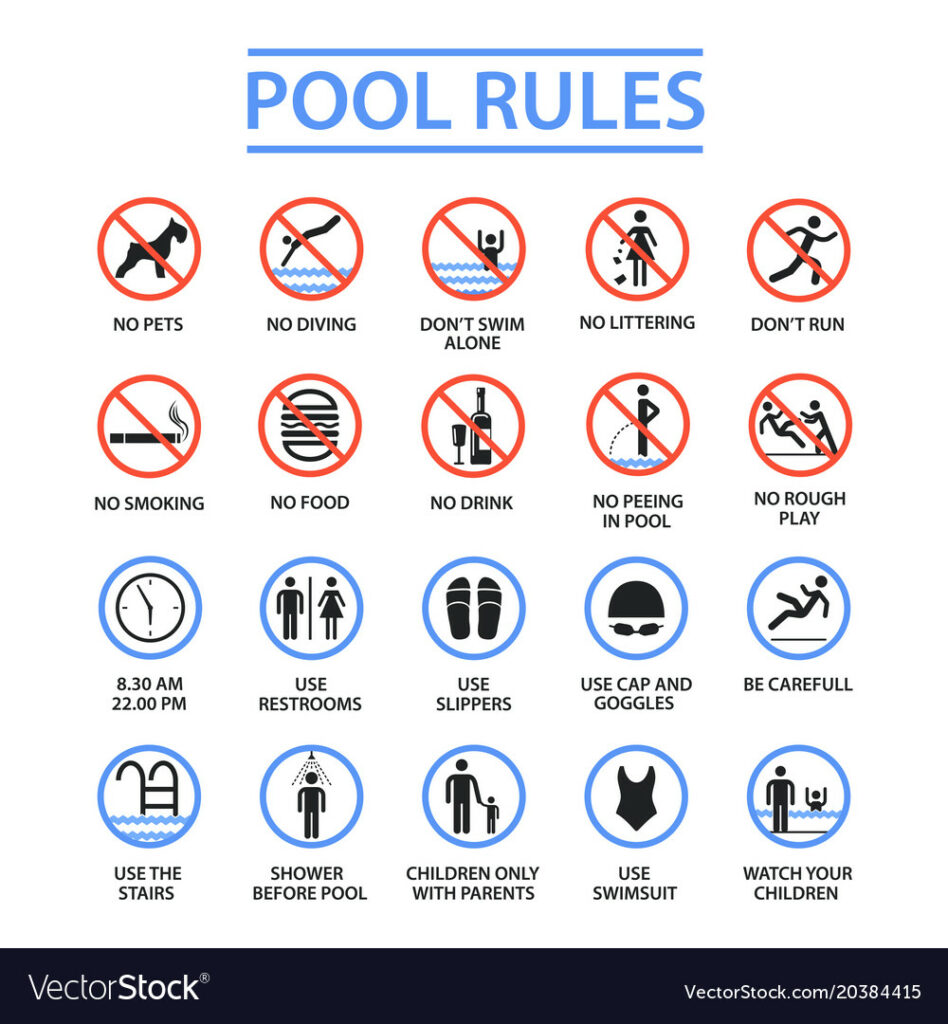If you want to be a good communicator, you should practice communication. This requires feedback and questions from your recipients make great feedback. You don’t have to ask anybody for anything extra – questions happen anyway.
You write something -> by the hardness of communication, you aren’t sure if it’s clear or not -> somebody is indeed unclear on something -> they ask for clarification -> you answer, then you improve for future
How to use questions as feedback?
Think how you would have written the message, knowing what they asked – usually it’s a matter of too little information in the first place. Think about what details you have missed. Aim for that level of detail in your future messages. Next time you can expect similar questions but already answer it in advance.
Consequently, we can assume then that the lack of questions means everything is clear. If I write something and all I get is positive feedback (ok-emojis in Slack, “great summary”, etc.), life is good.
Very important – deep inside we’re actually talking need for question/clarification, not the questions themselves. The number of questions is more of a symptom. Maybe they didn’t have enough time to ask. Maybe your message wasn’t visible enough. Maybe you terrorize them not to question your authority. In such cases, it’s hard to connect the absence of questions with your good communication skills.
Brah, it’s not my problem

Should you always take responsibility and improve your own messages? Perhaps the problem was on their side – misreading, not knowing previous messages, being too quick in judgment, and so on.
I would say yes, you can adapt from such cases too. Maybe they need more to adapt – let them know if so – but why don’t you make their lives easier on your side too? Good communication includes sending more information than you think it’s required. Overcommunication is good.
If you care, it is your problem.
Example 1
– The task I’m working on is taking too long. Wondering if we should cut the scope
– Which task are you talking about?
(Ok, I better send the link to Jira)– [Sending a link to Jira]
– Yes, definitely cut the scope
Lesson learned – as soon as the link is sent, I get unblocked. When speaking about a task, I need to send the link.
Example 2
– Should we cut the scope of task ABC?
– We should ask PO first, as per our process
(Hm, they didn’t listen on the refinement)
– Well, she already knows and approved the new scope on the refinement, if the whole team does
Ok, lesson learned – they can miss PO opinions. Even if they were at the meeting!
Next message: Should we cut the scope of task XYZ? PO approves the new scope on the refinement if the whole team does.
Next level
Now, you don’t really need to wait for real feedback from real people. In the end it’s all about that, and real cases make great reality checks. However, even without anybody’s question, or prior to them, you can ask yourself – what can they be missing? What information is lacking?
That’s a hard skill to obtain, but the more you pay attention to the number-of-questions benchmark, the better you get.
At the very least, you can follow the rule of thumb. If you’re hesitating if you should add a piece of information or not (because you’re not sure if it’s helpful), do add it. Because more information = fewer questions.
Summary
I’m not saying that you should avoid asking questions. I’m saying that in effective communication, each and every message does not require any further clarification.
Think swimming pool rules. As a owner, you don’t individually discuss with clients what they can and can’t do in your pool. Instead, you bring a table with the most important rules, based on your common sense, other pool, previous clients etc. This saves a lot of time.

In other words, the best question is the one that you don’t have to ask. This reminds me of a famous quote about code comments, but it’s coming next…

Leave a Reply